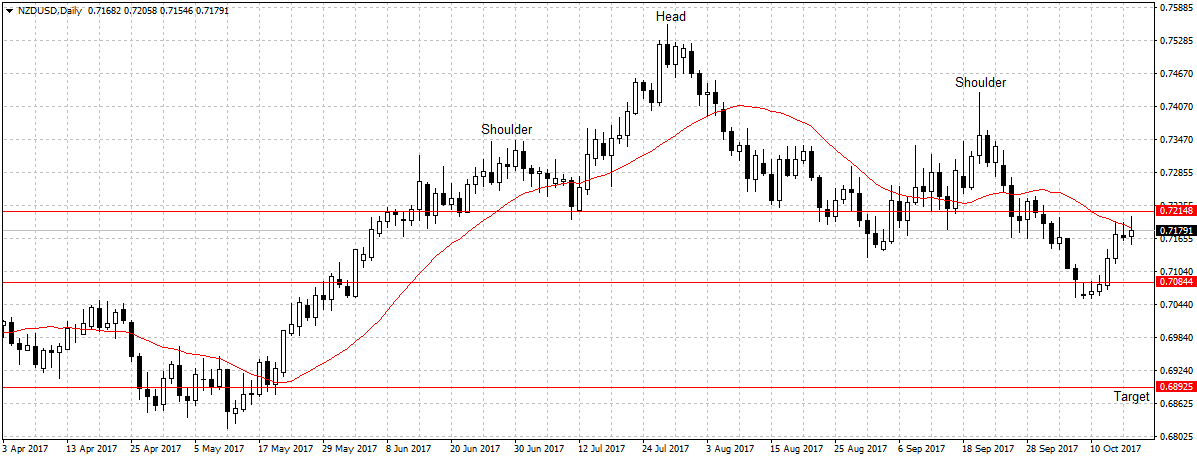Forex
New Zealand Inflation Beats Expectation in 3Q; Kiwi Stable
- New Zealand Inflation Beats Expectation in 3Q; Kiwi Stable
Rising housing costs and expensive food materials strengthened New Zealand’s consumer prices in the third quarter of 2017.
Consumer Price Index rose 0.5 percent in the third quarter, according to the Statistics New Zealand report released on Tuesday. On a yearly basis, prices climbed 1.9 percent, up from 1.7 percent recorded previously.
Little to no change in gasoline prices, rising housing costs and softening of the New Zealand dollar strength overshot prices in the quarter.
“Rents and construction costs in Wellington are rising faster than for the rest of the country,” said Jason Attewell, prices senior manager at Stats NZ.
Still, the Reserve Bank of New Zealand may not raise interest rates anytime soon as this is just below the midpoint of the bank’s 1 percent – 3 percent target range. The bank said in August that price growth is expected to weaken in the final quarter and plunge below the annual rate of 1 percent in early 2018. This, when combined with the low growth forecast, indicate the RBNZ may not be changing monetary policy soon.
Also, while food prices climbed 1.1 percent in the third quarter, largely due to expensive tomatoes. Transport fares plunged by 1.1 percent in the same quarter. Another indication the central bank may not change its stance of maintaining current interest rates until latter half of 2019.
Again, despite better than expected CPI number, the Kiwi was little unchanged against the US dollar during the Asian session. However, ongoing talks to form a new government would play a key factor in deciding Kiwi outlook going forward.
“The market will react to the formation of a new government, that is going to be one of the main influences over the kiwi,” said Westpac Senior Strategist Imre Speizer.
The kiwi was trading at US72.05c to a US dollar after the report was made public before paring gain to US71.79c it traded on Monday.
However, with the North Korean government threatening that missile war might breakout anytime soon, with the US mainland in range, there is a possibility of the NZDUSD closing above the US72.14c resistance level as the risk associated with US assets would surge and weigh on the attractiveness of the greenback. Therefore, emerging currencies are likely to continue their gains against the greenback in the near term.
